Testimonials
Kind words from world leaders.
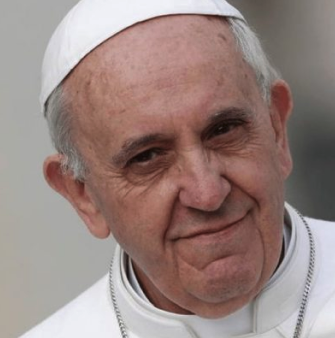
There is a need for a common and cooperative effort on the part of the religions in promoting an integral ecology... The religions have the wherewithal to further a moral covenant that can promote respect for the dignity of the human person and care for creation.
Thanks be to God, in various parts of the world we have any number of good examples of the power of interreligious cooperation to oppose violent conflicts, to advance sustainable development and to protect the earth. Let us continue along this path!
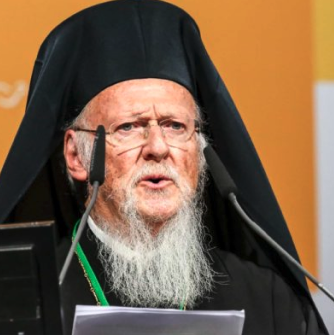
Our future is common, and the way toward this future is a common journey... at the center of which is the natural environment, currently threatened by the so-called “modern sins” of humanity.
Religions for Peace is the center of interdisciplinary and interfaith initiatives, which serve as a catalyst for assembling leaders in religion, science, business, civil society, government and academia.
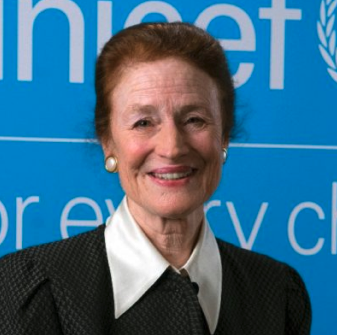
We are very proud of the excellent collaboration between UNICEF and Religions for Peace over the years – particularly through the Faith and Positive Change for Children initiative. I hope to… discuss ways that this unprecedented collaboration can be strengthened even further in the years ahead.
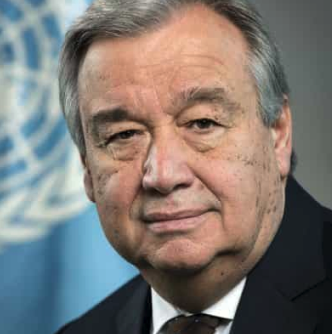
I wish to thank you for the statement issued by Religions for Peace in support of my call for a global ceasefire. I was, indeed, very pleased to see religious leaders from across the faith spectrum expressing their commitment to working together in unity to win the fight against COVID-19.
I also take note of the launch of the Multi-religious Humanitarian Fund in response to COVID-19. I hope that this endeavour… will eventually scale up COVID-19 relief efforts at national and regional levels.
The moral voice [of religious leaders and faith actors] is needed now more than ever.
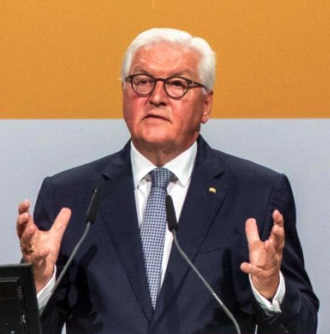

I look forward to continued engagement on the role of faith communities in securing a lasting peace, challenging negative attitudes towards women and combatting sexual violence in all its forms. These are areas where the Myanmar peace process could become an example to the world.
I hope that I can encourage you and your colleagues in the Religions for Peace network to continue your important work, and to take heart in the numbers of people around the world who support your joint efforts.
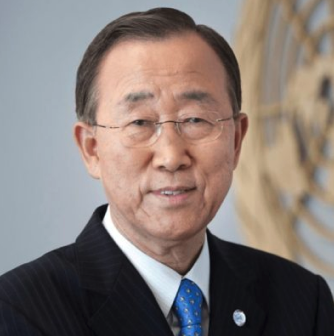
Because of the great common ground on which we stand, I commend the continuing commitment of Religions for Peace to strengthen recognition of our common humanity, including through its support for global nuclear disarmament. Its new publication Resource Guide on Nuclear Disarmament for Religious Leaders and Communities is a welcome step forward on the road to a nuclear weapon-free world.
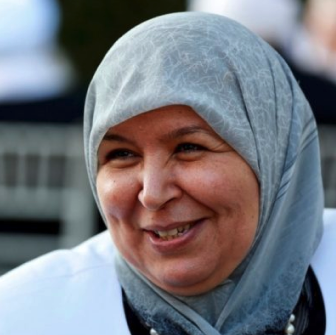
My role as the global coordinator of the Religions for Peace International Women of Faiths Network prepared and equipped me to be a mediator, reconciler and facilitator in the multi-party dialogue and negotiation process of developing the country’s constitution. I am so honored to be part of the Religions for Peace’s rich history and profound mission.
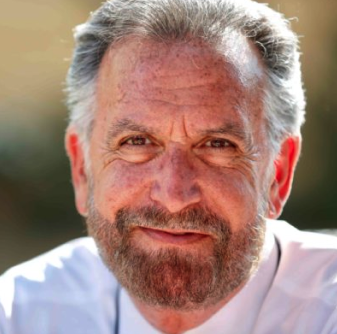
Religions for Peace has supported the dialogue and confidence building among Christian, Jewish and Muslim leaders through the Council of Religious Institutions in the Holy Land and other interreligious mechanisms.

We are here, today, at the Seventh Assembly of Religions for Peace, to explore how we, as men and women of faith, may meet the challenges posed by ‘Common Living’ and take the initiative in preventing, transforming and resolving conflict by addressing its underlying causes and consequences. While some may argue that this is the proper task of governments, the United Nations, or inter-governmental agencies, it is clear that civil society has a complementary role to play…
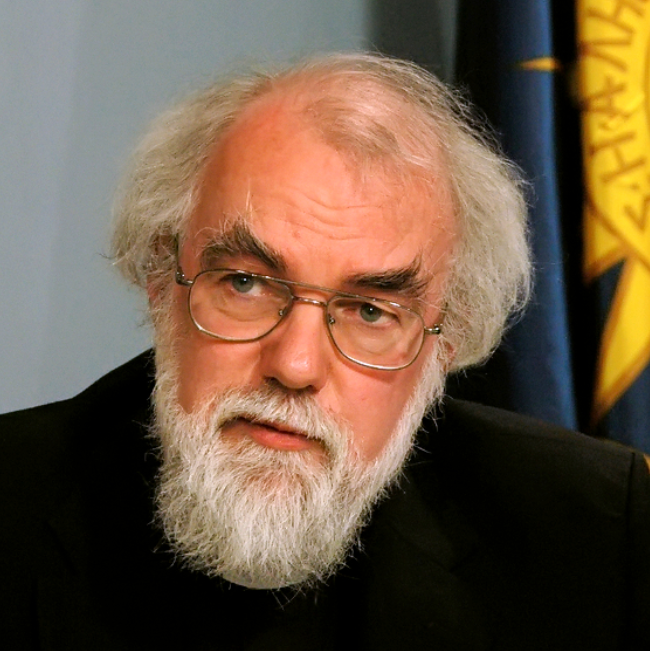
Of particular mention at the present time is the recent conflict resolution work in Sri Lanka and the steps to facilitate cooperation among religious leaders in the Middle East… and in North Africa.

We need better education and awareness-raising campaigns on all issues related to nuclear weapons, nuclear disarmament, and peace studies. In this regard, the action of civil society and faith-based communities is critically important. This is why this gathering to launch the Religions for Peace Resource Guide is so important.

Due to Religions for Peace clear principles―respect for religious differences; act on deeply held and widely shared values; preserve the identity of each religious community and honor the different ways religious communities are organized―it has won the trust of the World Evangelical Alliance. Religions for Peace has been a vital link to Evangelical participation in outstanding activities, including the Marrakesh Declaration.

And it continues its work today, bringing together in more than 90 countries diverse religious leaders and believers who are committed to stopping conflicts and building peace. Religions for Peace recognized that, historically religions have often been misused to intensify intolerance and violence in our world. But if religion is part of the problem, it must – and can – be part of the solution.

Your organization, which is one of the most prominent institutions of civil society, undoubtedly has the will and ability to contribute to this noble cause because it is active not only on the local and regional levels but also on the international level.
Shared religious values are universal by their very nature. Since your organization adopts the moral imperatives that these values entail, the space of its action cannot but be universal, and the time span cannot but cover the entire future of humanity.